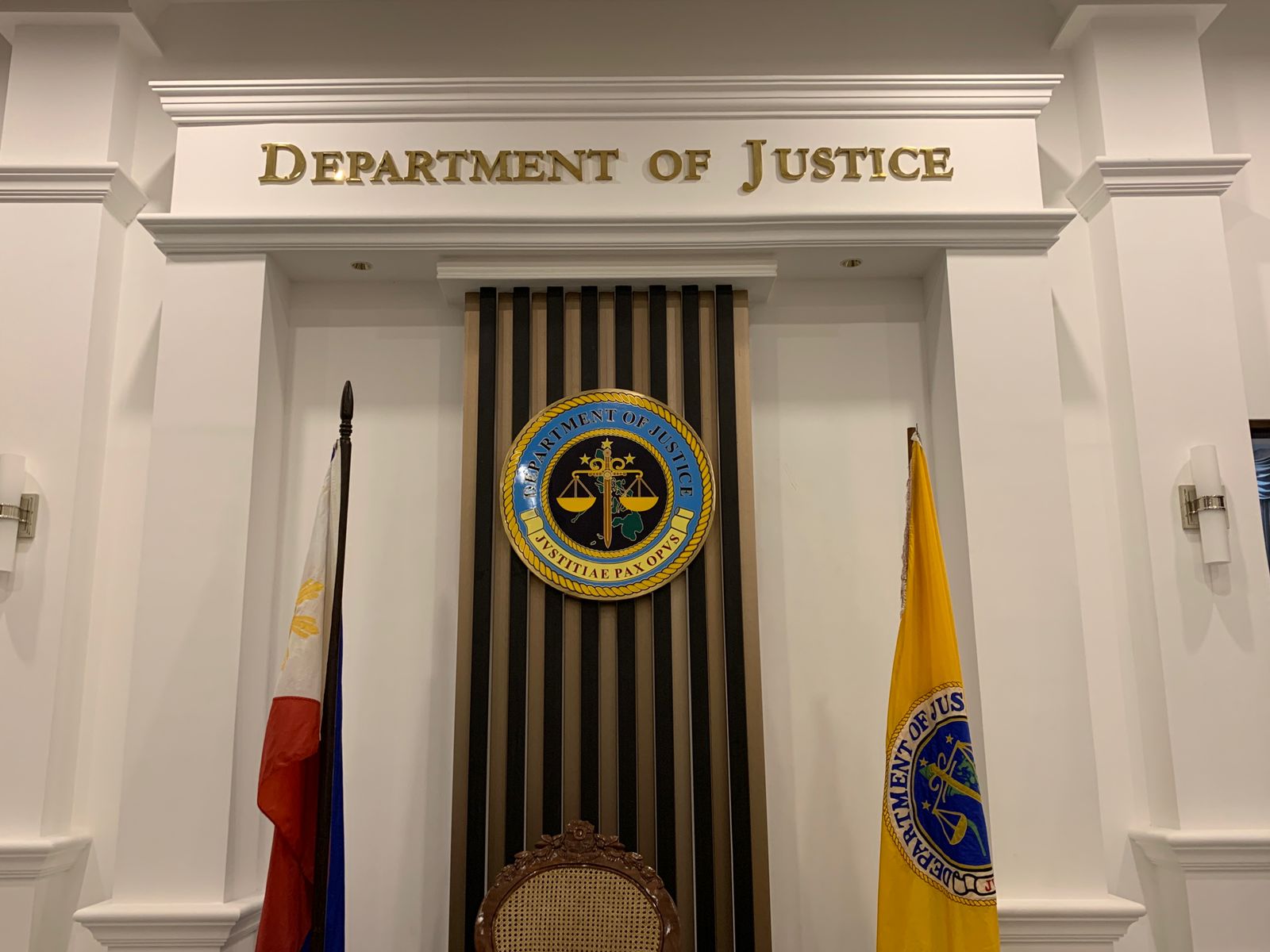MANILA, Philippines – Red -tagging is never a policy of the government, Justice Undersecretary Jessie Andres pointed out on Wednesday.
Andres said that red tagging was among the issues they have discussed with United Nations Special Rapporteur Irene Khan. Khan met with officials of the DOJ on Wednesday.
“There is no (red tagging) policy. If there is a State actor or non-State actor that is involved in red tagging, we will pursue cases against these individuals to show that it is indeed the present State policy,” Andres told reporters.
Red tagging is an act of branding individuals or organizations as supporters or members of terrorist or communist groups on the basis of speaking, writing, or criticizing government policies.
Some red-tagged individuals have been charged and detained but eventually had their cases dismissed due to insufficiency of evidence.
“We were also explaining the many cases that show that we have sufficient mechanisms to address this matter of red-tagging. There is an ongoing effort, proactive effort on the part of the DOJ where we have been engaging civil society organizations,” Andres said.
“That is how we believe we can bridge the gap, especially to address red-tagging. We need to build confidence with the civil society organizations that their advocacies are equally our advocacies and we are partners with them in pursuing these advocacies,” he added.
Justice Undersecretary Raul Vasquez, who is part of the meeting, added that the DOJ is ready to assist anyone who is a victim of red tagging.
The DOJ said the meeting with Khan “has strengthened international cooperation and reaffirmed the DOJ’s unwavering commitment to upholding the highest standards of justice and human rights.”
At the end of her 10-day visit, Khan is expected to come up with a final report to be considered during the 59th Session of the UN Human Rights Council in June 2025.
Khan is the third Special Rapporteur received by the Philippines since 2022 as part of the government’s open and constructive engagement on human rights with relevant UN mechanisms.
Last year, UN Special Rapporteur on Extrajudicial, Summary or Arbitrary Executions Dr. Morris Tidball-Binz and Special Rapporteur on Climate Change and Human Rights Ian Fry also visited the country.
UN Special rapporteurs are independent experts appointed by the Human Rights Council who address specific country situations or thematic areas worldwide.
